12 Essential Kitchen Skills Every Home Cook Should Know
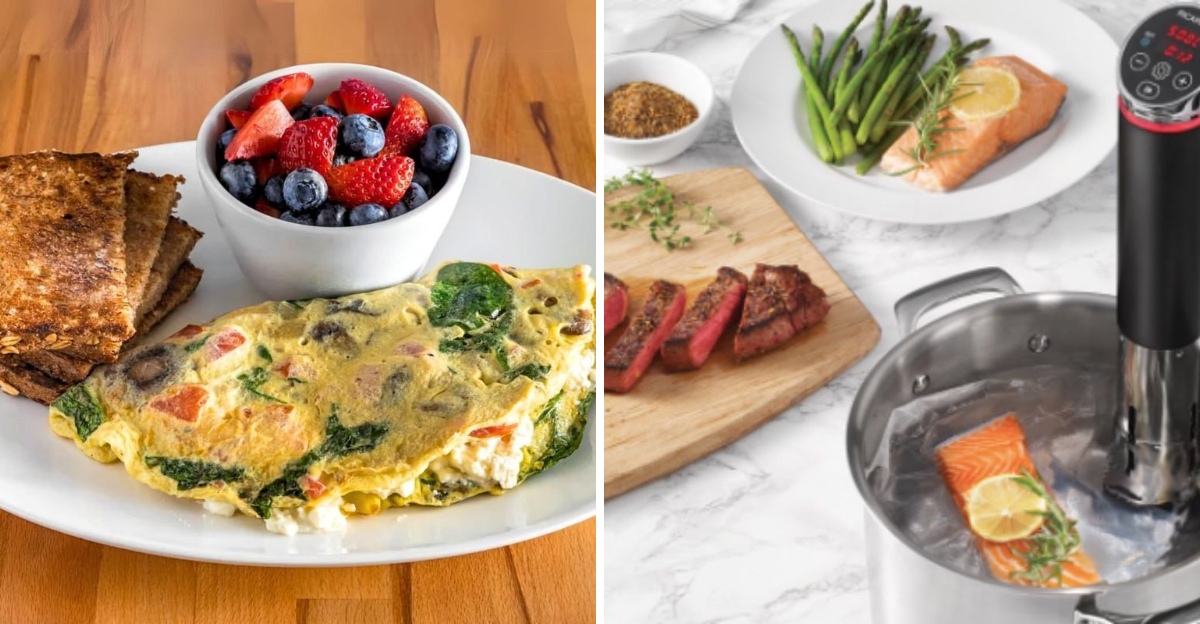
Cooking skills are an invaluable asset for any home cook, whether you’re just starting or have been experimenting in the kitchen for years. There are a handful of skills that can enhance your cooking. Here, we explore 12 essential yet surprisingly random skills that every home cook should have in their repertoire. These range from the traditional to the delightfully unexpected, offering a comprehensive toolkit for culinary success.
1. Knife Skills
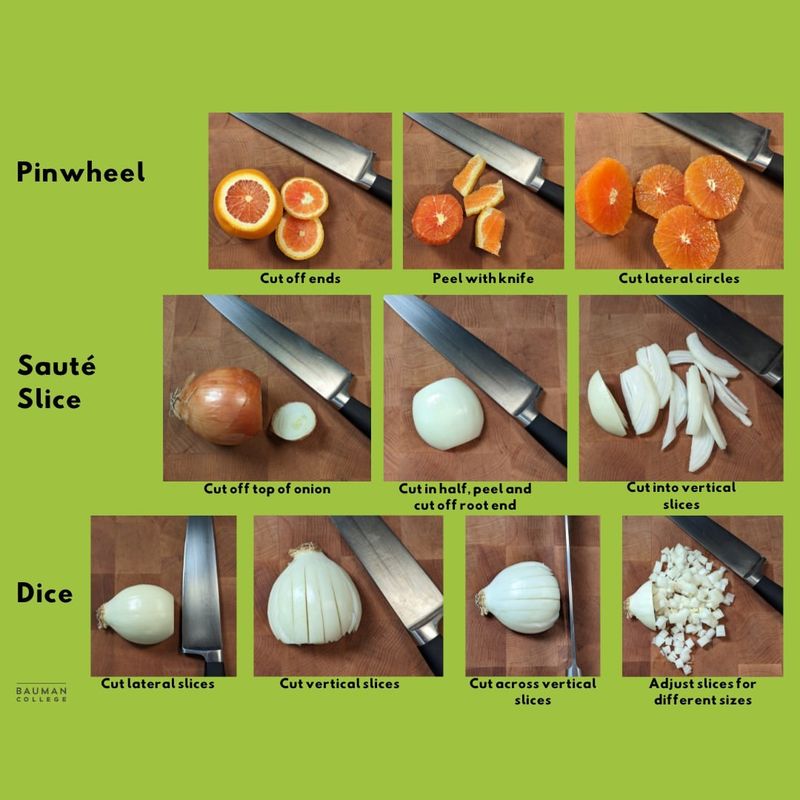
Getting comfortable with knives is foundational. Start by practicing the basics: chopping, slicing, and dicing. Once you’re confident, experiment with more advanced cuts like julienne or chiffonade. Keeping your knives sharp is crucial; regularly sharpen them with a whetstone or a honing steel. Remember, a dull knife is more dangerous than a sharp one. Consider the garnishing; turning simple dishes into enhanced. Practice making intricate shapes with fruits and vegetables, which can transform your plating. This skill not only boosts your confidence but also adds a flair to your meals.
2. Baking Basics

Baking requiring precision and patience. Understanding the basics, like measuring ingredients accurately and following recipes systematically, is crucial. Start with easy recipes, such as cookies or muffins, to get a feel for the process. Pay attention to the consistency of batters and doughs, and learn how variables like temperature and mixing can affect the outcome. As you gain confidence, experiment with more complex recipes. Baking offers different possibilities for designs while rewarding you with delicious, homemade treats.
3. Cooking Flatbread
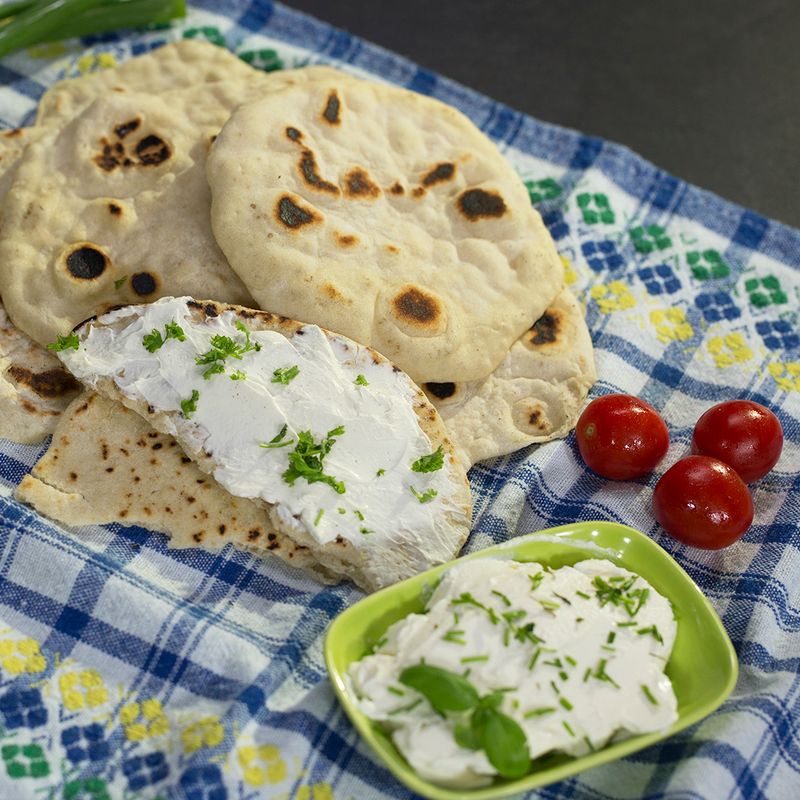
Flatbreads are versatile, serving as the foundation for countless meals. Start with basic recipes like chapati or naan, which only require flour, water, and salt. Practice kneading the dough until smooth and elastic. Rolling the dough evenly is key to achieving the texture of the dough. Cook on a hot griddle, watching for bubbles, and flip to achieve a golden hue. As you gain confidence, experiment with stuffed varieties or flavored versions. Consider adding spices or fresh herbs to the dough. This skill allows for incorporate seasonal ingredients and flavors. Flatbreads are not only delicious but also a way to practice dough handling and cooking techniques.
4. Making Homemade Pasta by Hand
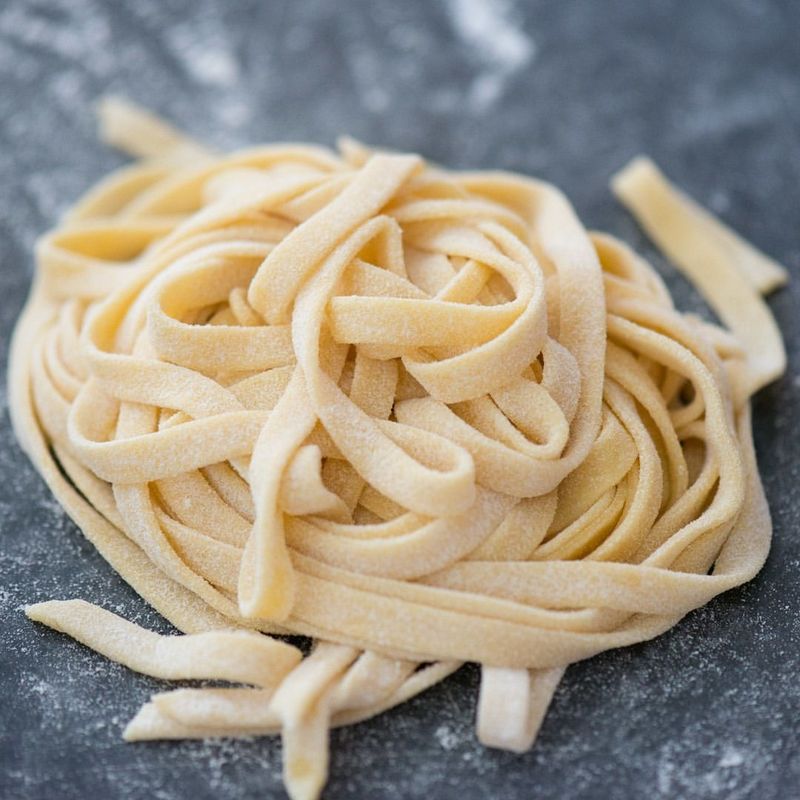
Making pasta from scratch is rewarding and surprisingly easy. Start with a simple dough of flour and eggs, mixing until it forms a smooth ball. Knead thoroughly to develop the gluten, crucial for elasticity. Resting the dough is essential, allowing the gluten to relax. Roll out the dough as thinly as possible, using a rolling pin or pasta machine. Cut into desired shapes: tagliatelle, fettuccine, or ravioli. Cooking fresh pasta is quick, often needing just a couple of minutes in boiling water. This skill not only enhances your meals but also connects you with traditional cooking methods. Homemade pasta’s taste and texture are the process that offers experience.
5. Efficient Meal Prep Techniques
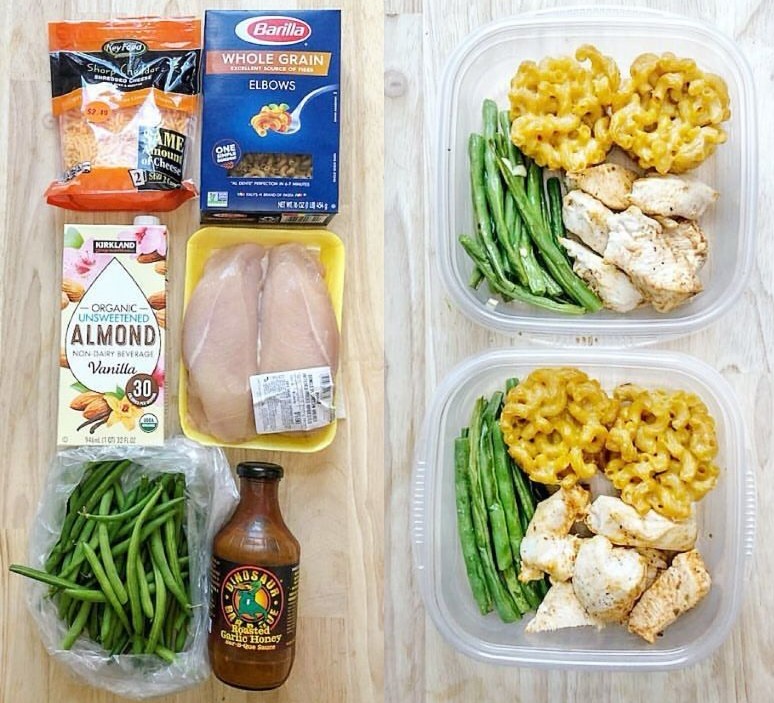
Efficient meal prep is a skill that saves time and reduces stress. By dedicating a few hours a week to meal preparation, you can streamline your cooking process and make quick, healthy meals a reality. Focus on selecting versatile ingredients that can be used in multiple dishes. Grains, proteins, and vegetables are staples to have prepped and ready ingredients. Chop, marinate, and store ingredients in labeled containers for easy access during the week. This practice not only enhances your kitchen efficiency but also encourages mindful eating. Having prepped ingredients readily available makes it easier to whip up a nutritious meal without the hassle of daily prep work.
6. Crafting the Omelette
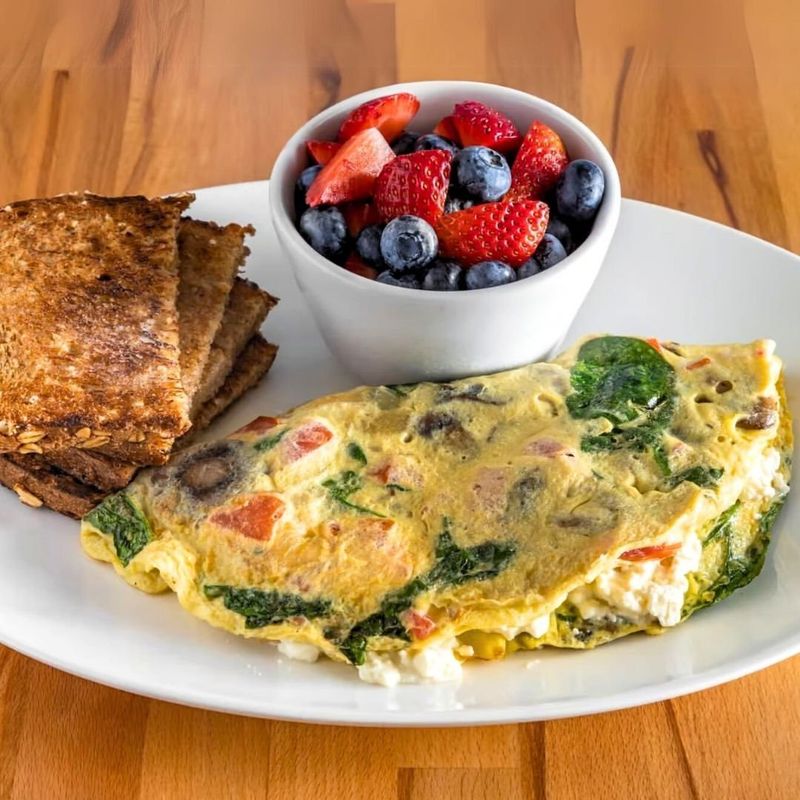
Omelettes are a breakfast staple, offering different customization. Begin with fresh eggs, whisked until fully mixed. Preheat a non-stick skillet, adding a touch of butter or oil. Pour in the eggs, swirling to cover the pan evenly. As the edges set, add fillings like cheese, herbs, or vegetables. Practice folding techniques for an evenly cooked interior. The trick lies in gentle heat and minimal movement, avoiding overcooking. This skill encourages experimentation with diverse ingredients and flavors. From classic French omelettes to robust Spanish tortillas, mastering this technique transforms breakfast into a gourmet experience. Omelettes offer a quick, nutritious meal option, excellent
for any time of day.
7. Tea Brewing
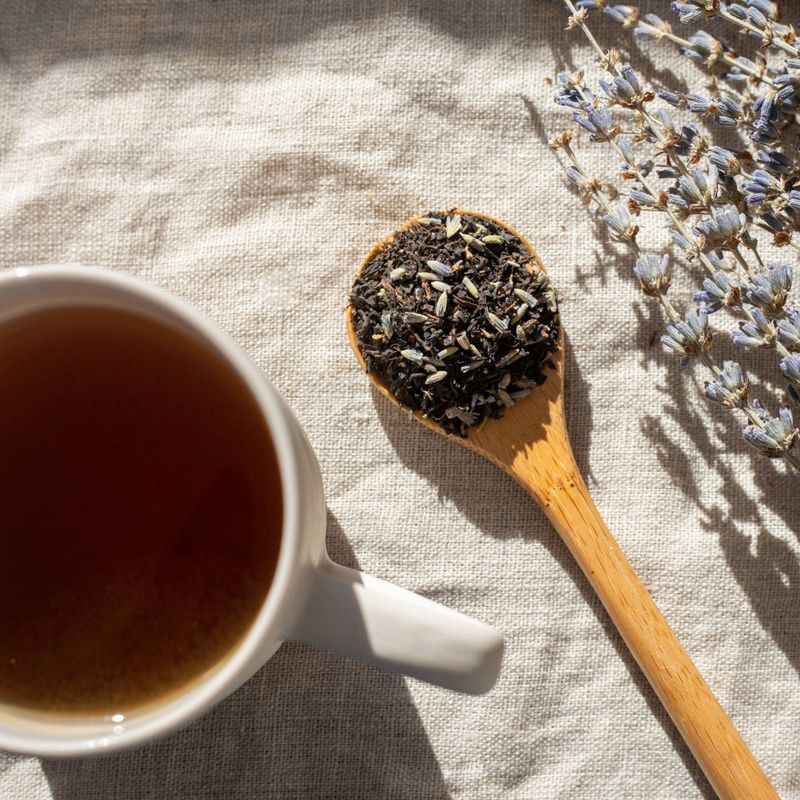
Tea brewing is about precision and patience. Begin by selecting quality tea leaves, a crucial step for flavor. Water temperature matters; for green tea, cooler water preserves delicate flavors, while black tea requires a rolling boil. Use a timer to steep for the right duration, preventing bitterness. Experiment with herbal blends, adding spices like ginger or cardamom for nice flavors. Brewing tea provides a moment of calm and reflection in your day. Practicing this skill enhances your appreciation for subtle flavors and aromas. With countless varieties and blends, tea offers a vast world of exploration. This skill invites relaxation and mindfulness, transforming a simple beverage into delicious tea.
8. Broths Techinque
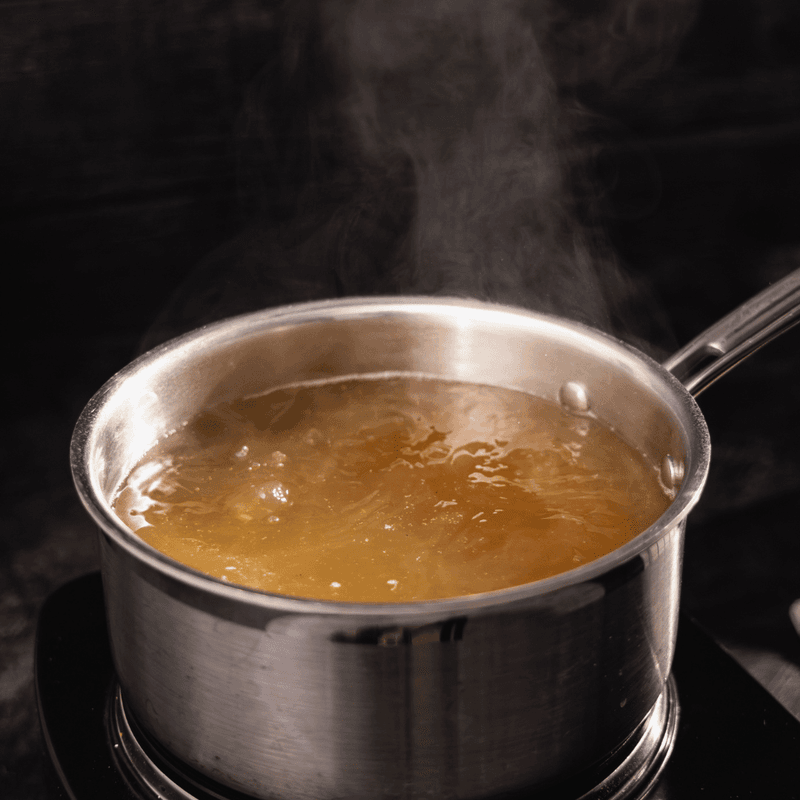
Making a rich and aromatic broth is an invaluable skill in any kitchen. Start by simmering bones or vegetables with herbs and spices to extract deep flavors. Patience is key, as slow cooking over low heat allows flavors to meld beautifully. Skimming impurities from the surface helps maintain a clear broth. Add ingredients like onions, carrots, and celery for a balanced base. Experiment with different herbs to find your preferred taste profile. Broths serve as the foundation for many dishes, from soups to sauces, enhancing the overall flavor. Use homemade broth to enhance your culinary meals.
9. Sous Vide Cooking
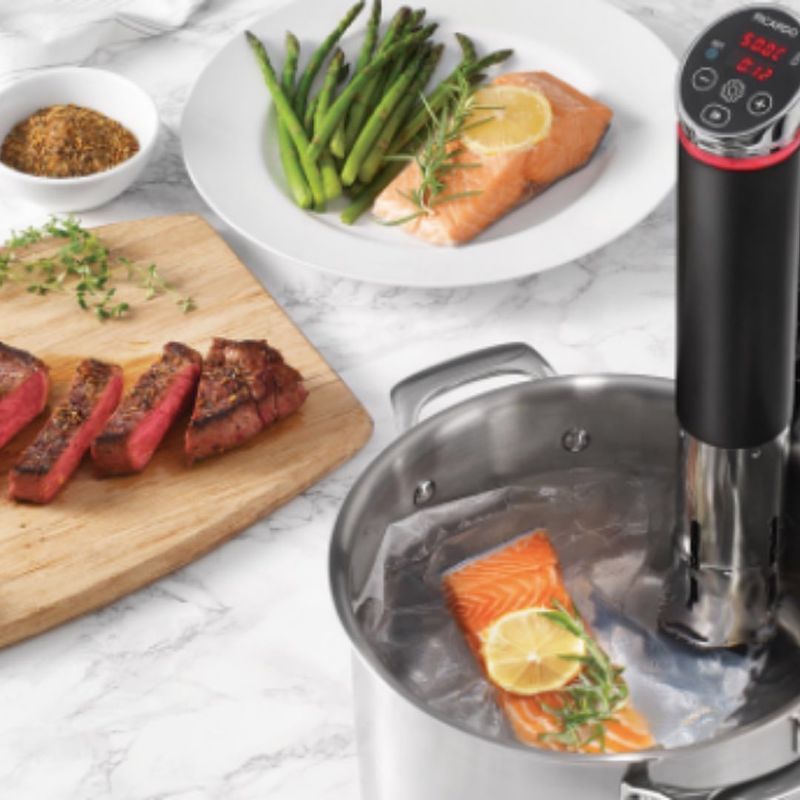
Sous vide cooking involves precision temperature control, resulting in consistently cooked food. Begin with simple proteins like chicken, beef or fish. Season, seal in a vacuum bag, and submerge in a water bath set to the desired temperature. This technique ensures even cooking, maintaining moisture and tenderness. The key is patience; sous vide can take hours but requires minimal active time. It’s a transformative technique, allowing you to achieve restaurant-quality results at home. Experiment with different flavor infusions by adding herbs or spices to the vacuum bag. Sous vide offers a new perspective on cooking, where time and temperature become your allies for culinary success.
10. Grilling Techniques
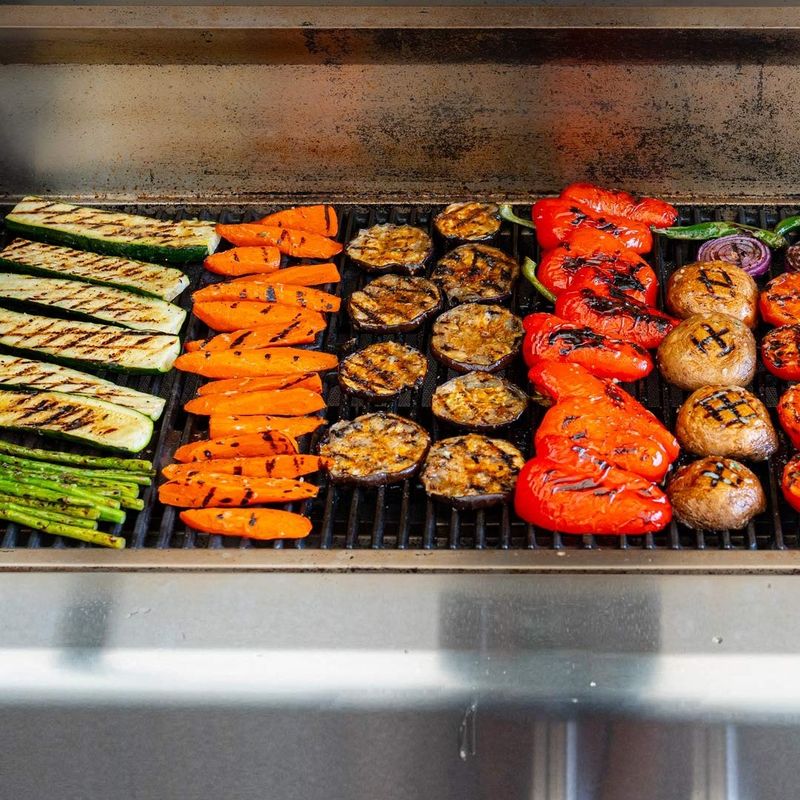
Grilling combines heat and timing to make smoky, charred flavors. Preheat your grill to the right temperature for even cooking. Clean and oil the grates to prevent sticking, and arrange food with space between each piece for proper airflow. Understanding direct vs. indirect heat is essential. Use direct heat for searing and indirect for slower cooking. Marinating your meats beforehand can enhance the flavor and tenderness. Grilling is ideal for summer gatherings and offers endless possibilities. Experiment with different woods for smoking and try grilling diverse ingredients for nice flavors.
11. Poaching
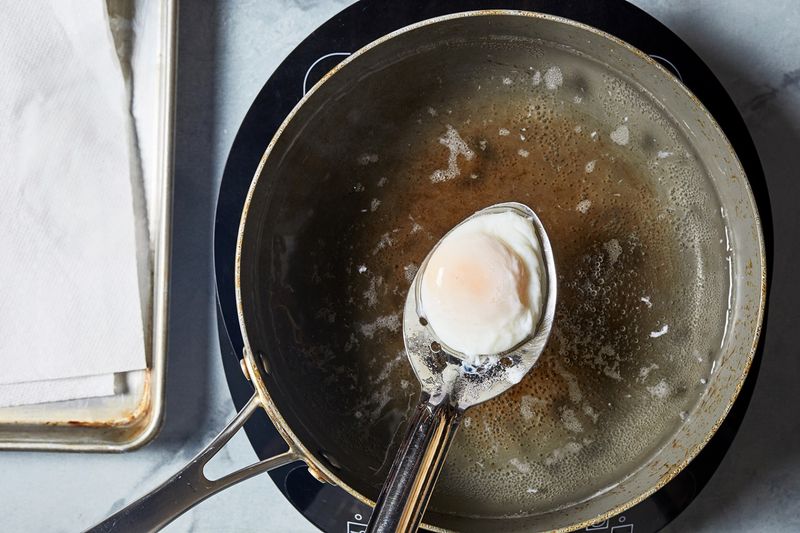
Poaching is a gentle cooking method, ideal for delicate foods. Begin with eggs, cracked into simmering water. The key is temperature; water should be hot, not boiling. Poached eggs are a breakfast delight, pairing well with toast or salads. For proteins like fish, a flavorful poaching liquid enhances taste. This method preserves moisture and tenderness, offering a healthy cooking option. Experiment with different broths and seasonings for variety. Poaching offers a subtle way to cook, ensuring flavors remain intact while delivering a light, tender result. This skill is an excellent addition to your repertoire, offering versatility and health benefits.
12. Spice Blends
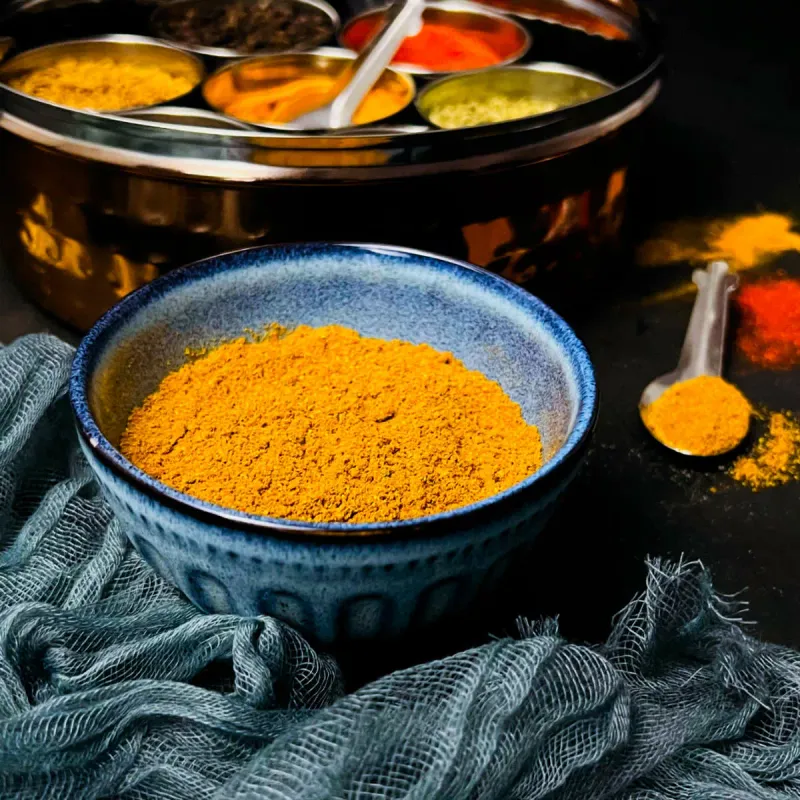
Making your own spice blends adds personal flair to dishes. Start with basic mixes like curry powder or garam masala. Toast whole spices to release flavors, grinding them in a mortar and pestle. This practice enhances your cooking, allowing for customized flavors. As you gain confidence, experiment with different combinations, tailoring blends to personal preferences. Homemade blends enhance dishes, adding depth and complexity. This skill encourages different possibilities. Spice blends allow you to explore global cuisines, infusing your cooking with cultural richness. This process not only enhances taste but also connects you with culinary traditions.
